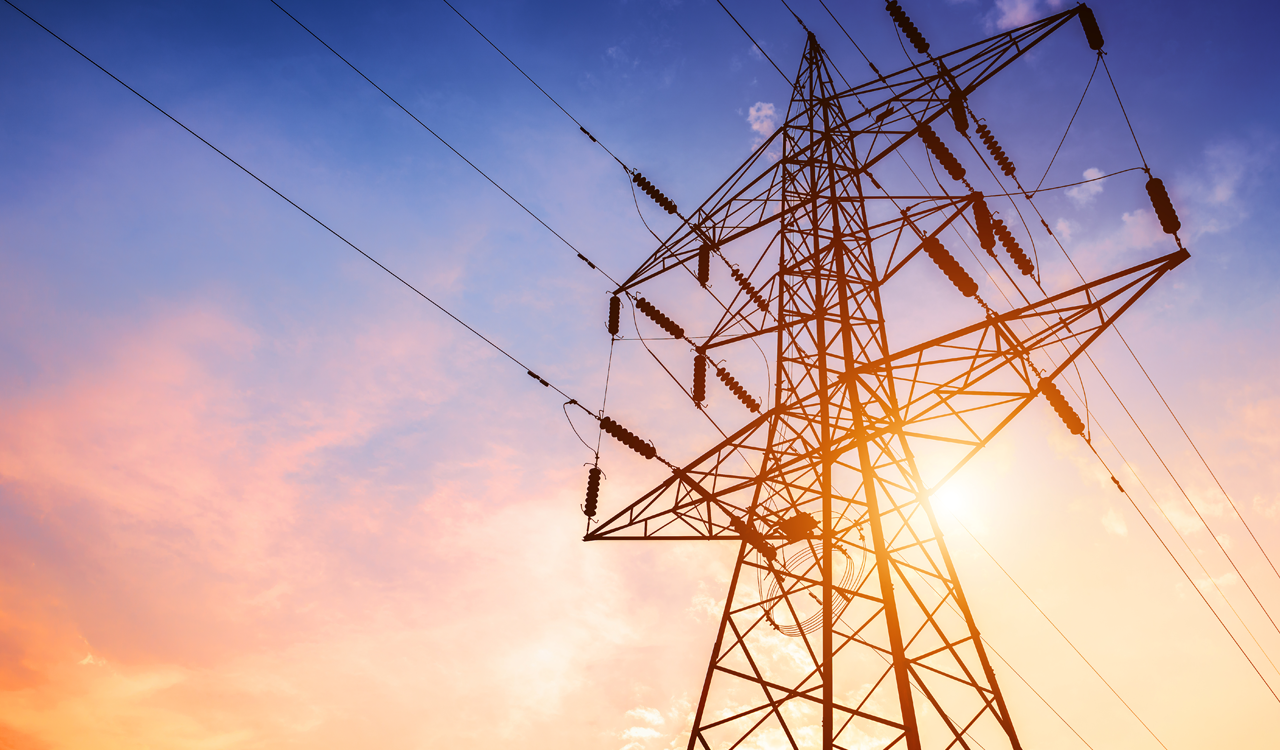
A huge investment program of more than 5.7 billion euros is being implemented to strengthen and expand the electricity transmission system and will continue until 2033.
Implemented by the Independent Electricity Transmission Operator (ADMIE) these are projects through which the system is protected from risks such as power outages on the one hand, and on the other hand, the islands are electrically connected to the country's mainland system. The last category of investments seeks to reduce the cost of producing electricity from expensive diesel units on the islands.
ADMIE: Accelerating the equipment renewal program in the electricity transmission system
In addition, the most important goal of these investments is to increase the network’s ability to transmit green electricity from renewable energy sources. Green energy is the cheapest form of energy and helps reduce electricity bills.
System usage fees
But how much do these projects add to electricity bills? Finally, increase the system user fees (SURs) paid by all consumers, households, small, medium and large enterprises?
ADMIE sources seek to answer these questions by stating that “the increase in System User Charge (SUS) on electricity bills is negligible as a result of the expansion of the electricity grid, which is essential for the country’s energy transition.”
The program manager also states that “this increase, moreover, does not occur because ADMIE has increased fees, but because investments have been made that are absolutely necessary to develop the system. In fact, as he explains, “the debate about increasing system usage fees has been opened at the time it required “The state and market enable ADMIE to develop its network in order to integrate more renewable energy projects into it.”
High voltage consumers
In this context, ADMIE explains: “It is the high-voltage consumers with an annual consumption of more than 13 GWh who have benefited from the change in the methodology according to which system usage charges are divided. In particular, ADMIE continues, “large consumers They are already getting discounts ranging from 33% to 54% on XHS.”
This means that they bear a very small portion of the increase in these fees.
Medium voltage consumers
ADMIE goes on to say that “Respectively, for medium voltage consumers, the MCC price for 2023 was around €6/MWh. This amount is equivalent to only 4.5% of the average wholesale electricity price, which last year was €133/MWh.” hour. The above-mentioned percentage is much smaller in the total bill, if grid usage fees, YKO and ETMEAR are also taken into account. The slight increase in system usage fees is due to the required deployment of grids which will allow greater penetration of renewable energy sources, supporting the country's energy transition.” ADMIE confirms.
The necessity of projects in the system
ADMIE also explains why these projects are necessary: “In the past, the few conventional, site-specific plants that were in operation before the massive penetration of renewables required limited networks of specific paths, but the cost of producing electricity from them was very high (and increasing with the burden of emissions rights and fluctuations). The sharp rise in fossil fuel prices (compared to grid costs, which were relatively limited), says what has been the case so far.
“It is clear that the energy transition, with the development of renewables across the country, increases the cost of the networks needed to connect scattered renewables plants, but it significantly reduces the cost of producing electricity, since wind and photovoltaics are already, but also energy sources Other renewable energy sources are now more competitive than conventional production,” he said, stating that renewables would bring greater benefits to electricity bills, explaining: “The composition of the competitive part of bills is not at all linked to system usage fees.”
Finally, the generalization of the costs of connecting the mentioned renewable energy projects, even if this is not done directly through the provisions of Article 98 of Law 4951/2022, will be done indirectly by passing these costs to the bids of these units for them. Participation in electric energy markets or in offers while participating in relevant tenders.

“Avid problem solver. Extreme social media junkie. Beer buff. Coffee guru. Internet geek. Travel ninja.”





More Stories
“Recycling – Changing the water heater”: the possibility of paying the financing to the institution once or partially
Libya: US General Meets Haftar Amid Tensions Between Governments
New tax exemption package and incentives for business and corporate mergers..